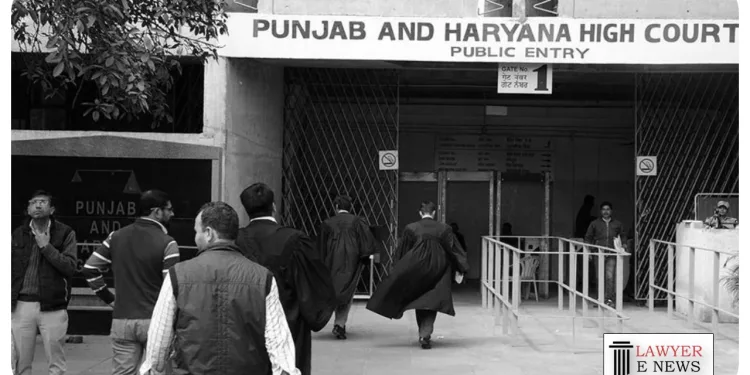Landlord Need Not Be an Owner to Maintain an Ejectment Application Against a Tenant – Punjab and Haryana High Court

In a significant judgment, the Punjab and Haryana High Court has clarified the legal position regarding the rights of a landlord under the East Punjab Urban Rent Restriction Act, 1949. Justice Alka Sarin, presiding over the case, underscored that for the purposes of the Act, a landlord is entitled to seek eviction of a tenant, irrespective of whether they are the owner of the premises.
Brief on the Legal Point of the Judgment
The pivotal legal question addressed in this case was whether a person, who is not the owner of a property but has the rights of a landlord, can file for the eviction of a tenant on grounds of personal necessity. The Court affirmed that under the Rent Act, the definition of ‘landlord’ does not necessitate ownership of the property in question.
Facts and Issues
Meena Arora, the petitioner and tenant, challenged the orders of eviction passed by both the lower authorities, arguing that Sudarshan Singh, the respondent, was not the owner of the property. The respondent had sought eviction on grounds of personal necessity and non-payment of rent. The petitioner contested the ejectment application, raising questions about the respondent’s ownership and motives.
Detailed Court Assessment
Justice Sarin meticulously analyzed the definition of ‘landlord’ under Section 2(c) of the Rent Act, noting that it encompasses anyone entitled to receive rent, irrespective of their ownership status. The Court relied on precedents, including the Supreme Court’s judgment in K.D. Dewan vs. Harbhajan Singh Parihar, to assert that a landlord’s personal necessity under Section 13(3)(a) of the Rent Act is a valid ground for eviction, irrespective of their status as the property owner.
The Court observed that the petitioner had acknowledged the landlord-tenant relationship, thereby reinforcing the respondent’s position as a landlord. Justice Sarin distinguished the case from the Sheela vs. Firm Prahlad Rai Prem Prakash decision, citing differences in the legal frameworks of the Madhya Pradesh Accommodation Control Act, 1961, and the East Punjab Urban Rent Restriction Act, 1949.
Decision of the Judgment
The High Court found no merit in the revision petition and upheld the orders of the lower authorities, dismissing the petition of Meena Arora. The Court confirmed that the respondent, even as a Sub Power of Attorney holder, was justified in seeking eviction based on personal necessity under the Rent Act.
Date of Decision: April 1, 2024
Meena Arora Vs. Sudarshan Singh





